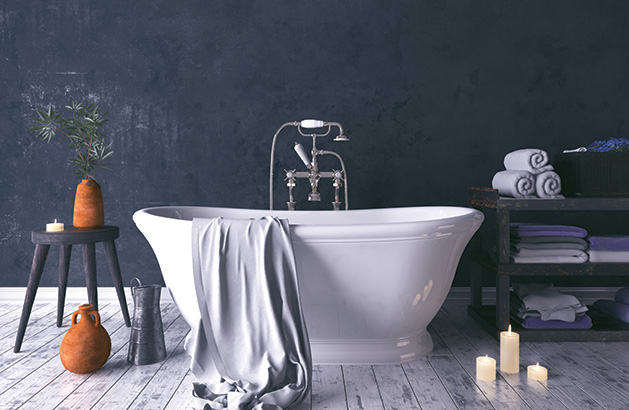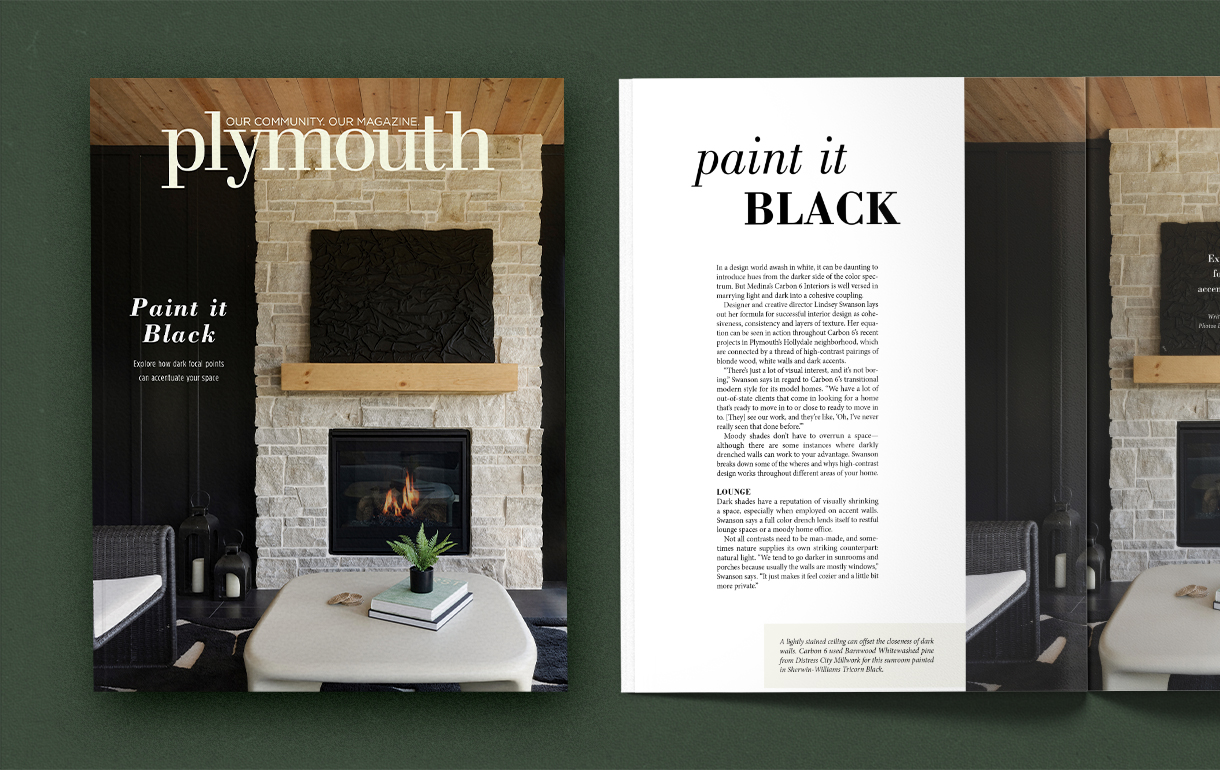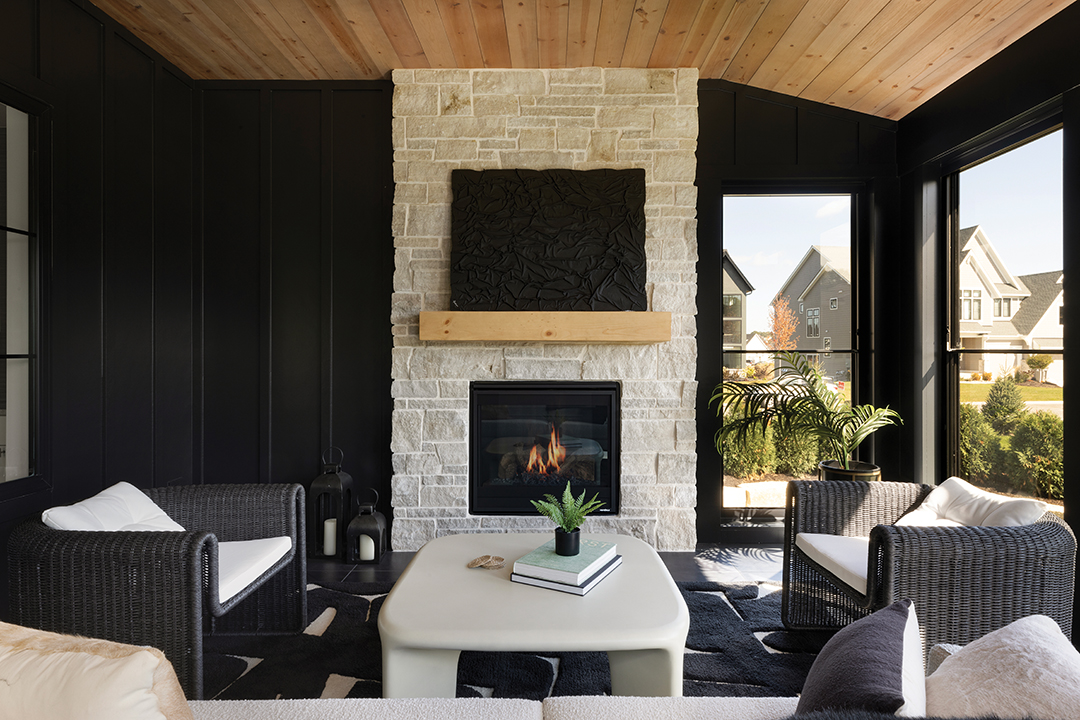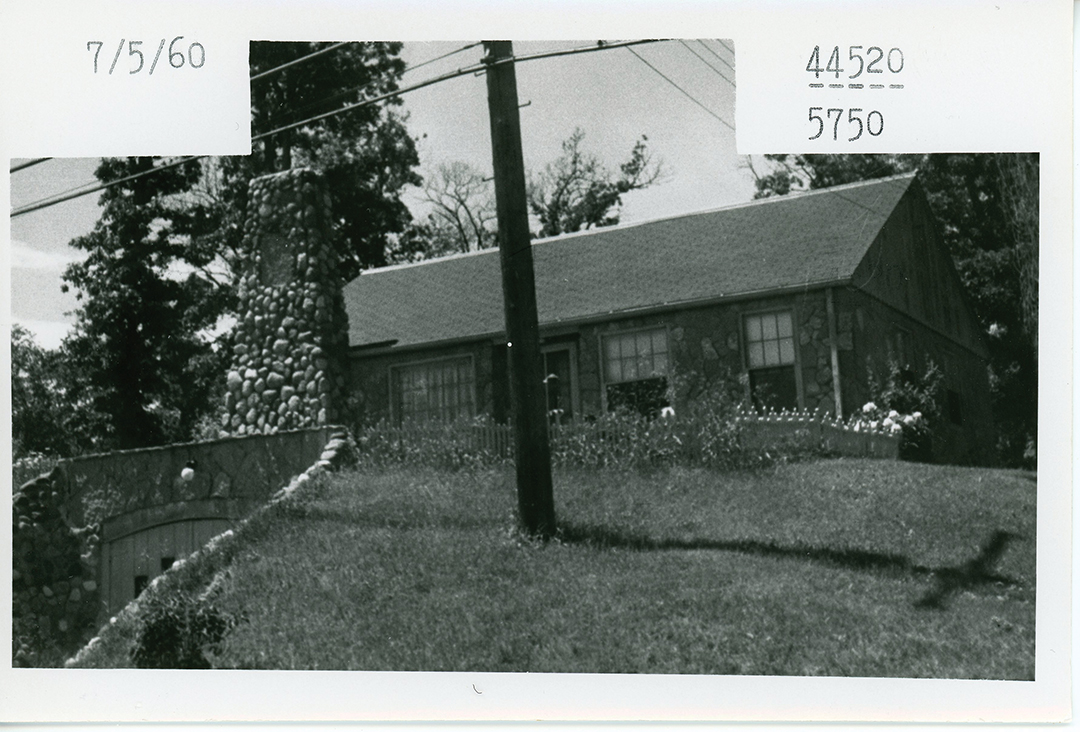
iStock/ARTJAFARA
Turn your bathroom into a luxury oasis.
Building a home or planning a remodel? Click here for our home and garden resource guide.
More and more, home and boutique hotel bathrooms are welcoming soaker tubs, some of which offer jets and other options. While they appear sleek in their simplicity, these tubs have a lot to offer by way of enhancing the restorative nature of relaxing in the warm embrace of a well-appointed bath.
To start, buyers can choose between claw-footed styles, offering a retro elegance, or more modern-in-feel versions, which rest directly on the floor. Roman tubs, typically fitted onto a deck, offer yet another option. Take note: some tubs even venture out of the bathroom and into common living spaces. For example, garden tubs nestle into sunrooms or areas with a private garden view.
Single ended designs are most common, featuring one rounded end sloped for lounging or day dreaming.
Double ended tubs offer two rounded, sloped ends for dreams pour deux.
The single slipper version features a raised end to provide back support and extra comfort.
The double slipper is raised on both ends, so (depending on the tub length) two bathers can relax together.
If a return to the elegance of yesteryear tops your wishlist, the clawfoot tub fits the bill. It can be found with single-ended, single slipper, double-ended and double-slipper styles.
Pedestal or skirted tubs can read Art Deco or contemporary and come to rest on heavy a base (or plinth) and typically come in single ended, single slipper, double ended and double slipper designs.
Homeowners tight on space might consider a Japanese tub, which is smaller in length but deeper than other soaker tubs, allowing bathers to submerge up to their shoulders.
Be sure to research materials because their properties aren’t just about aesthetics. Consider: acrylic (very popular, light weight), cast iron (durable, retains heat), solid surface (typically resin, hard surface), stainless steel (modern, contemporary), copper (holds heat, resists mold, bacteria) and stone (the statement maker!).
The awareness of the health and wellness benefits of water is centuries old, as is the use of chromotherapy, which is, in basic terms, the use of color to lead the body to health and harmony. Some soaker tubs have dipped their toes into color therapy, using colored lights—alone or with whirlpool functions—to invite even more wellness benefits.
Interior designers are well versed on the practical and visual benefits of soaker tubs and can provide experienced input on your purchase. However, the final say on the matter might be your home’s water heater. Does it have the capacity to supply enough hot water to fill your tub? It’s an important question to ask.
MORE FROM THE 2019 HOME AND GARDEN BOOK
How to Use Pantone’s Color of the Year in Your Home
How to Create the Perfect Paver Patio
How to Add a Velvet Element to Your Living Spaces






















